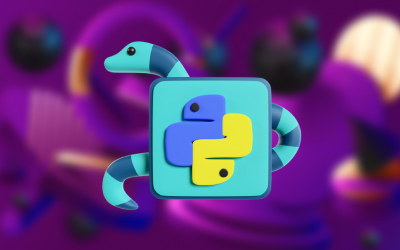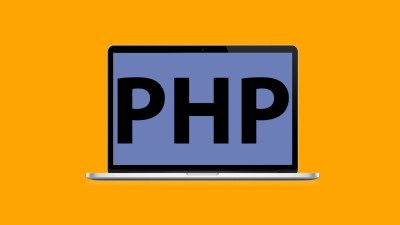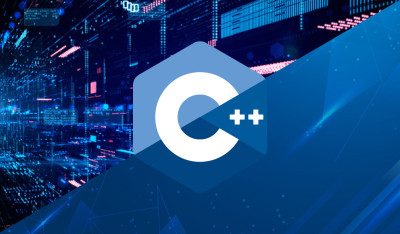Functions in python
A function in Python is a reusable block of code designed to perform a specific task. It is defined using the `def` keyword, followed by a function name and a set of parameters enclosed in parentheses. The body of the function is indented and contains the code to be executed when the function is called. Functions can return values using the `return` keyword. They provide modularity and abstraction, allowing you to break down complex programs into smaller, manageable units. Functions can be called with arguments, and they facilitate code organization, readability, and maintenance in Python programs.
English
Last updated
Mon, 04-Dec-2023











